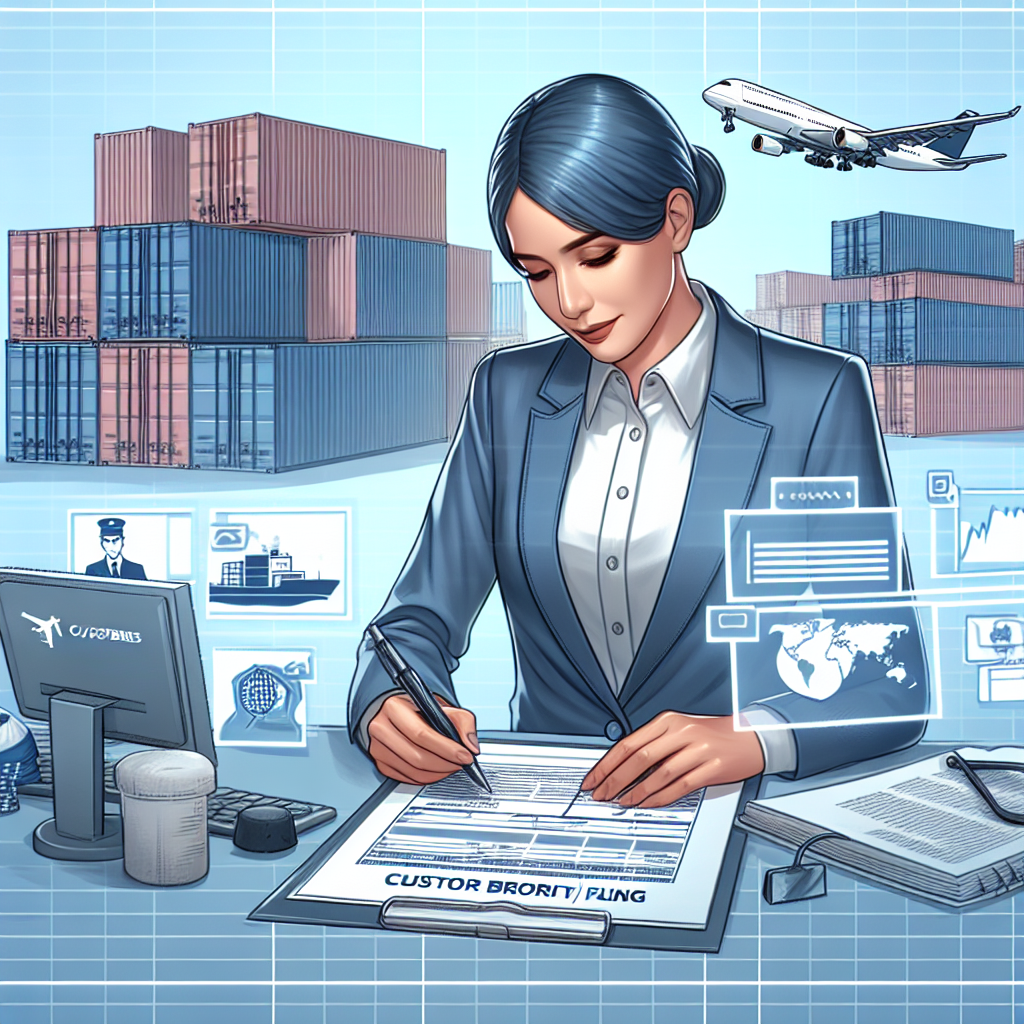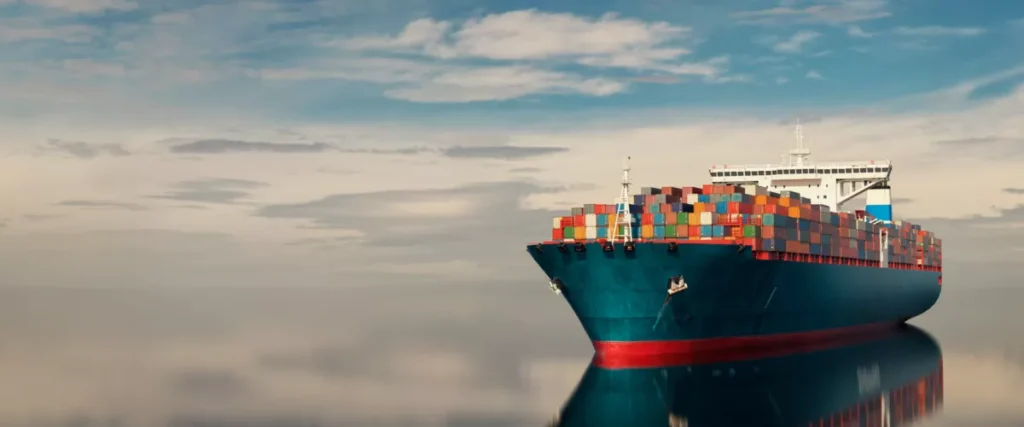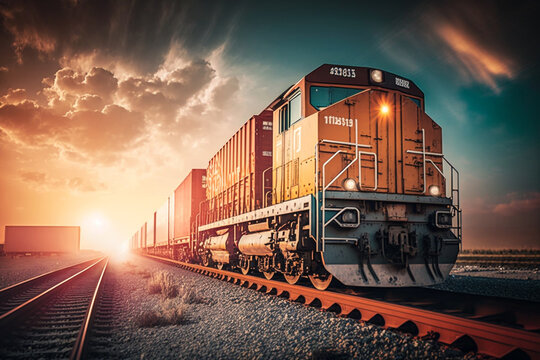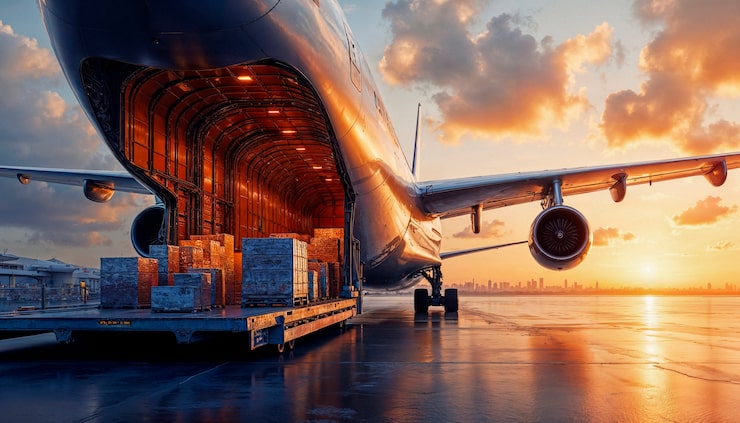- By Della tj
- October 21, 2025
- Customs Brokerage, Shipping
Smooth trade between China and the Netherlands depends heavily on trusted customs clearance services. Businesses importing goods require efficiency, accuracy, and reliability to avoid costly delays. This guide explores everything you need to know about securing trusted customs clearance from China to Netherlands, from documentation to costs, procedures, and real shipping cases.
What Is Trusted Customs Clearance from China to Netherlands?
Essentially, trusted customs clearance from China to Netherlands ensures your imported goods pass inspection, duties, and documentation smoothly. This process involves verifying shipment data, paying tariffs, and complying with both Chinese export and Dutch import regulations.
Key Customs Tasks Include:
- Preparing and submitting import/export declarations
- Managing HS codes and product classifications
- Paying import VAT and duties
- Coordinating inspections with customs authorities
- Ensuring compliance with EU trade laws
Indeed, using a professional customs agent minimizes risks, improves delivery speed, and helps maintain your supply chain stability.
Why Reliable Customs Clearance Matters for Your Business
Without proper clearance, shipments can face fines, delays, or even confiscation. Additionally, it affects your reputation and customer trust.
A reliable customs broker helps businesses achieve:
- Reduced clearance time
- Accurate duty calculations
- Lower risk of penalties
- On-time delivery schedule
Moreover, trusted service providers use electronic data interchange (EDI) systems, ensuring faster processing between China and the Netherlands.
How the Customs Clearance Process Works
To illustrate how it works, let’s break down the full process for imports from China to the Netherlands:
| Step | Process Description | Responsible Party |
|---|---|---|
| 1 | Export declaration in China | Chinese supplier or agent |
| 2 | Bill of Lading & invoice preparation | Freight forwarder |
| 3 | Arrival notification in Rotterdam | Carrier |
| 4 | Customs declaration submission | Dutch customs broker |
| 5 | Duty & VAT payment | Importer |
| 6 | Goods inspection (if required) | Customs officer |
| 7 | Goods release and delivery | Freight forwarder |
Accordingly, each phase must be managed carefully to avoid mistakes that cause shipment detention.
Common Documents Required for Customs Clearance
Proper documentation is critical for seamless operations. Below is a checklist of required documents:
| Document Type | Purpose |
|---|---|
| Bill of Lading | Confirms shipment details |
| Commercial Invoice | Lists goods, value, and transaction |
| Packing List | Details packaging and weight |
| Import License | Needed for restricted items |
| Certificate of Origin | Verifies country of manufacture |
| Customs Declaration Form | Legal record of imported items |
Additionally, ensuring consistency among all documents prevents discrepancies that can delay clearance.

Case Studies: Real Customs Clearance Scenarios
Case 1: Electronics Shipment
Route: Shenzhen → Rotterdam
Cargo: 1×40’ container of LED panels
Transport Mode: Sea freight (FCL)
Cost: $2,450 total including customs clearance
Time: 29 days
Outcome: Cleared in 36 hours using pre-submitted digital documents
Case 2: Clothing Consignment
Route: Ningbo → Amsterdam (via rail & truck)
Cargo: 12 tons of textile goods
Cost: $3,200 including duties and agent fees
Time: 24 days total transit + 2 days clearance
Result: Reduced VAT payment errors through experienced customs agent
Without a doubt, these cases show how expert customs clearance ensures faster delivery and cost savings.
Comparing Freight Methods for China–Netherlands Shipments
| Mode | Transit Time | Approx. Cost (USD) | Best For | Pros / Cons |
|---|---|---|---|---|
| Sea Freight (FCL/LCL) | 25–35 days | 2,000–3,500 | Bulk cargo | +Low cost / -Slower |
| Rail Freight | 18–25 days | 3,000–4,500 | Medium goods | +Balanced cost/time |
| Air Freight | 5–9 days | 6,000–8,000 | Urgent cargo | +Fast / -High cost |
To summarize, sea freight remains the most cost-effective method for large shipments, while air freight suits time-sensitive deliveries.
How to Choose a Trusted Customs Clearance Agent
Selecting the right agent determines how efficiently your goods move through customs.
Consider the following factors:
| Criteria | Why It Matters |
|---|---|
| Experience with China–EU routes | Ensures knowledge of both systems |
| Transparent pricing | Avoids hidden charges |
| Digital tracking & EDI systems | Improves accuracy |
| In-house brokerage license | Provides direct customs communication |
| Multilingual support | Reduces documentation errors |
Additionally, always check for certifications like AEO (Authorized Economic Operator), which indicates reliability and compliance with EU customs.
Cost Breakdown and Tips for Efficient Customs Handling
Below is a simplified customs cost overview for shipments from China to the Netherlands:
| Expense Type | Typical Range (USD) |
|---|---|
| Customs Brokerage Fee | $50 – $200 |
| Import VAT (21%) | Based on CIF value |
| Duty | 2% – 12% depending on HS code |
| Documentation Fee | $25 – $75 |
| Inspection Fee | $100 – $250 if applicable |
Practical Tips:
- Always pre-submit digital documents before cargo arrival
- Verify HS codes to avoid misclassification penalties
- Use bonded warehousing to defer VAT payments
- Partner with reliable logistics providers
As a result, applying these best practices keeps your supply chain compliant and efficient.
Conclusion
In conclusion, securing trusted customs clearance from China to Netherlands ensures your business maintains smooth, compliant trade operations. By partnering with experienced agents, companies can reduce costs, avoid delays, and simplify complex import procedures. To summarize, efficient customs handling is not just about documentation—it’s about trust, transparency, and timing.
Contact our logistics experts today to streamline your import process and experience seamless clearance every time.
Request a Quote
Need a tailored solution for your shipping from China?Let TJ China Freight Forwarder assist you with reliable, cost-effective service.
FAQ:
Q1.What is the average customs clearance time from China to Netherlands?
Usually, clearance takes 1–3 business days if all customs documents are correct and duties are paid promptly.
Q2.How much does customs clearance cost for small businesses?
The average fee ranges from $50–$150 per shipment, depending on service type and declaration complexity.
Q3.Can I handle customs clearance myself?
Yes, but it’s risky. Professional agents ensure faster approval and fewer documentation errors for business imports.
Q4.What documents are mandatory for imports to the Netherlands?
You need a Bill of Lading, invoice, packing list, and customs declaration form to process clearance correctly.
Q5.How can I reduce customs clearance delays?
Prepare accurate documents early, classify goods correctly, and work with a trusted customs clearance company.




